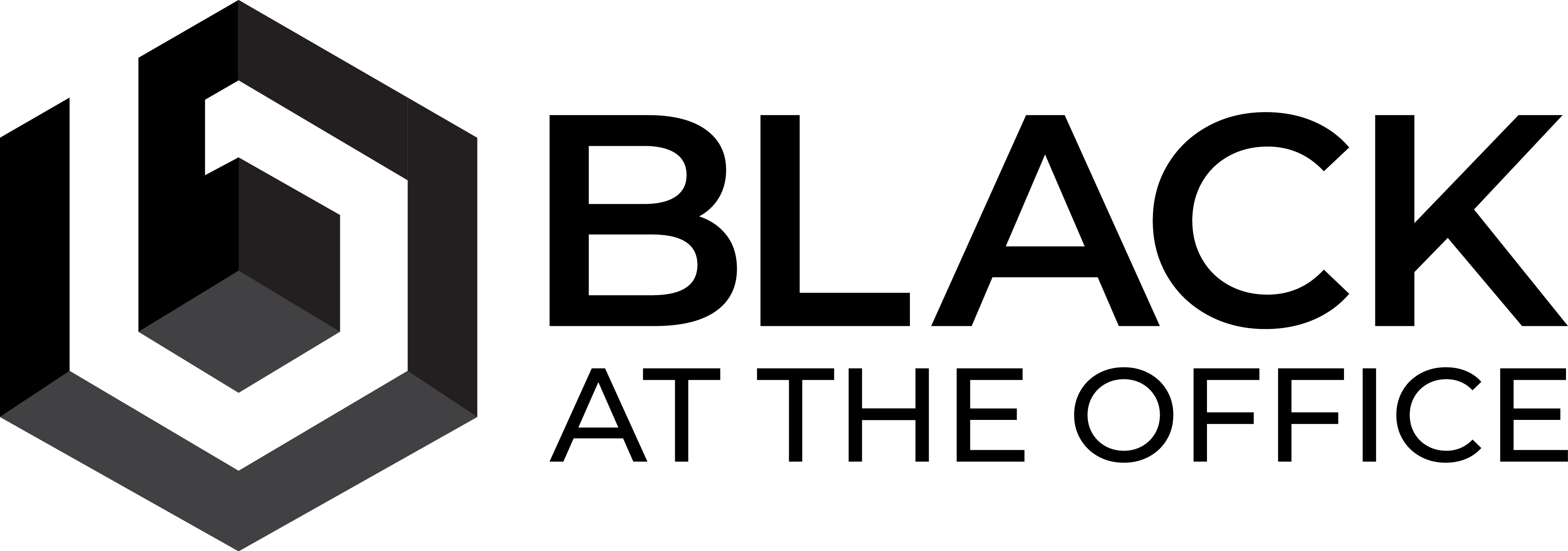The world of work is a lot different than it was for our parents. It’s not enough to show up to work each day and put in your 8 hours. It’s much more than just loading a box or standing next to an assembly line and making sure your component fits properly onto the product before it goes to the next person.
In 2022 and beyond, the jobs of the future will rely on technical skills that fit today’s economy. Mobile tech, software, networks, the list is endless on how our world now works. And to advance in today’s workplace, having the technical skills to meet the demands of employers and the products and services consumers now crave will be essential to the career advancement prospects of black professionals.
So what are the top 5 technical skills for black career advancement? While this list doesn’t stretch the possibilities, we believe these five skills are a great starting point.
1. Coding and Programming
The apparent first skill, right? Think about all of the time and money spent on online services and all of the tech products we consume daily. The computer and related services used right now to write this article! If you can code and program software, which at this point is embedded in practically everything we use, you will always be in high demand.
Even if the job you’re applying for is not for a “coder” or “programmer,” most employers will look carefully at an applicant with some coding experience. Coding and understanding multiple programming languages will make you a strong candidate in many jobs, even those not technically “technical.”
2. Project Management
Being a good project manager means being an effective leader, delegating tasks, and measuring the success of each project. This one is not technically a traditional technical skill like coding. However, project management is critical for all technical projects. And, it often requires using complex programs and systems, which aren’t always easily mastered.
Many options are available to those who wish to get into project management. It will require some coursework and hands-on experience to gain the necessary knowledge and relevant hours to gain certification. But once you have this skill and the credentials behind your name, the number of opportunities available to you is endless.
3. Data Analysis
As businesses store and assess more information online or in databases, they need employees capable of handling, organizing, and evaluating digital material. Many companies employ data analysts to meet their data needs.
A data analyst retrieves, organizes, and analyzes information to help a company improve production, efficiency, or another valuable aspect of the business’s operations. Data analysts work in all industries, from retail to academia. Often, they use the data they gather to create reports that summarize patterns and offer solutions to stakeholders in the form of updated systems, procedures, or protocols. Companies use data analysts specifically to improve outcomes like productivity or profits or understand employee or customer needs.
Data and its management has become a critical part of business success. And companies rely on data analysis to make crucial decisions that affect profit and loss. If you can develop this skill, you will always be in demand. Combine this with another of our top 5 skills, and your career will take off like a rocket!
4. Digital Marketing
Millions of websites and mobile applications, countless ads being run online, and billions of dollars spent by companies trying to lure prospects to their products or services. The ability to manage and optimize every aspect of this ongoing process will keep anyone in high demand. This is where digital marketing skills come into play.
Similar to data analysis, a lot of data has to be analyzed in the digital marketing space to optimize spending and ensure maximum return on investments. If you also have a knack for being creative and love experimentation, moving your data analysis skills to the digital marketing realm is a great career move.
5. Excel
The granddaddy of them all. You probably didn’t expect to see Microsoft Excel as a technical skill you should have for career advancement but let me tell you, it does the trick.
While it’s a rare case that the old-school tool is cool, there’s a reason why Excel has been the gold standard for so long when it comes to problem-solving. It helps you make sense of raw numbers, whether you’re organizing them, crunching them, or trying to come to a business conclusion from your calculations.
Since 80% of jobs require spreadsheet and word processing skills, it makes sense you’ve probably stumbled over Excel at one point in time. But the tool does a whole lot more than produce a table of numbers. Excel helps businesses solve problems and come to conclusions about data to make operations run better and more efficiently. Having an expert at Excel in the office is a rare thing unless you are working on Wall Street. So if you can develop this skill, there isn’t much you won’t be able to do in today’s highly competitive workplace.










